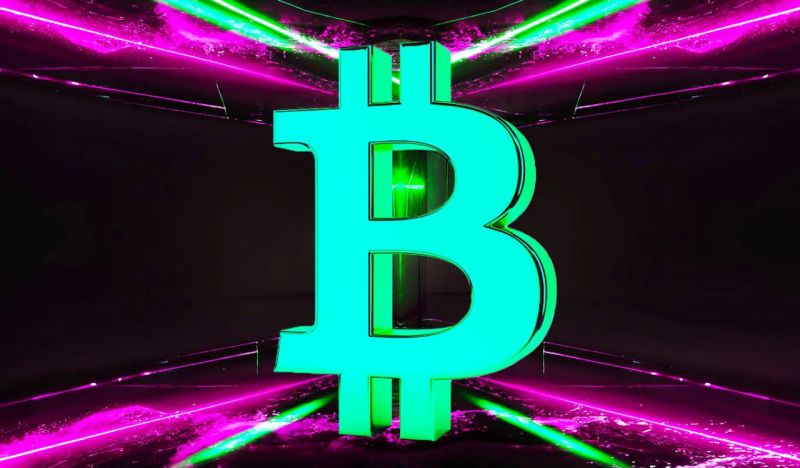The Bitcoin halving event may have slashed miners’ rewards in half, but it ignited a fierce competition for blockspace, resulting in millions of dollars in payments to miners as the halving unfolded.
Remarkably, since the halving, Bitcoin’s top 10 most valuable blocks, as measured by U.S. dollar value at the time of mining, have all been unearthed. This revelation, initially highlighted by user Clark Moody, underscores the significant economic activity spurred by the halving. The foremost block post-halving raked in a staggering $2.6 million in fees and rewards, nearly clinching the top spot. Subsequent blocks commanded between $1.3 million and $2 million each.
Unlike the inadvertent $3 million overpayment incident preceding the halving, these post-halving transactions were intentional endeavors to secure lucrative blockspace. For instance, the miner of the inaugural post-halving block stands to claim one of the coveted “epic sats” — units of Bitcoin imbued with unique data. These epic sats, minted once per halving and a hundred times scarcer than their “rare” counterparts, fetch substantial sums. Notably, one rare sat sold for over $100,000 in a Sotheby’s auction. Given its significance as the first to be mined under the Bitcoin Ordinals protocol, this epic sat may well become a sought-after item in the market.
Additionally, the introduction of Runes, a protocol facilitating data inscription on the Bitcoin blockchain, added further intrigue. The debut Rune, disseminated through a $430,000 airdrop to select Ordinals collections holders, signaled a burgeoning interest in leveraging blockchain for data storage. Others eagerly forked over hundreds of thousands to deploy their own collections, indicating a growing ecosystem around blockchain data inscription.
In sum, the post-halving period witnessed a flurry of activity, with nine of Bitcoin’s top 10 most valuable blocks being mined during this time. Notably, the previous contender for the title of most valuable Bitcoin block resulted from a $500,000 “fat finger” mishap by Paxos. However, the mining pool responsible for the transaction promptly refunded the fee, underscoring the integrity of the Bitcoin ecosystem.
